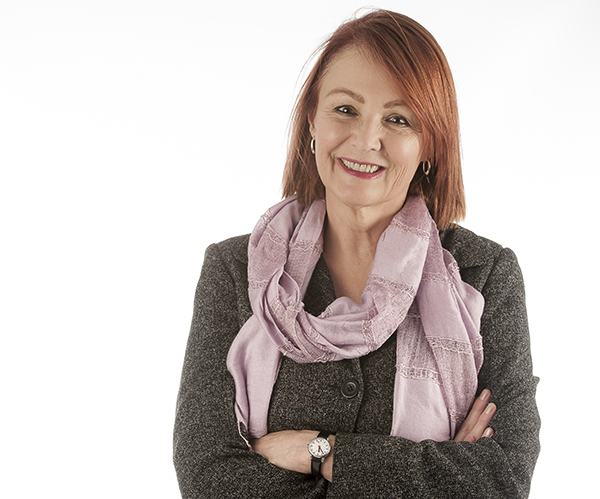Latest News Archive
Please select Category, Year, and then Month to display items
18 August 2021
|
Story Division of Student Affairs
![]()
The SRC Elections for the elective portfolios will be held from 12 to 15 October 2021 for the Bloemfontein, Qwaqwa and South Campuses.
Following the official announcement of the election schedule on 16 August 2021, the processes below are to unfold:
a. Candidate nominations for CSRC elective portfolios will open on 23 August, until 10 September 2021;
b. Ex-officio portfolio elections will take place on 11 October 2021;
c. Manifesto launches will take place via webinars from 15 September to 11 October 2021;
d. Declaration of final election results will be on 18 October 2021.
KDBS Consulting (Pty) Ltd has been appointed as the independent Chief Elections Administrator that is to oversee and manage the 2021 online SRC elections.
A website will be launched to provide updated information regarding all processes that are to unfold. A detailed schedule will also be made available via the official elections website that will be hosted by the service provider.
For any queries related to the elections, communication is to be sent via email to the Chief Election Administrator at
ufssrcelections@kdbs.co.za Communication to the election helpdesk may also be sent via direct call or on WhatsApp at
+27 0 61 452 4499.
Election specific notifications will be communicated via email and SMS.
Official elections will take place from 12-15 October 2021.

Research chair into Higher Education gets boost for five more years
2017-11-21

Prof Melanie Walker, Director of the Centre for Research on
Higher Education and Development (CRHED).
Photo: Supplied
The research Chair in Higher Education and Human Development within the Centre for Research on Higher Education and Development (CRHED) at the University of the Free State has secured funding for another five years. It follows a favourable evaluation by the South African Research Chairs Initiative (SARChI) of the research project at the UFS.
The Director of the Centre, Prof Melanie Walker, says she is delighted by the recognition of the Chair's hard work and significant productivity. “This new round of funding secures the centre and its activities for the next five years.”
Under the auspices of the Chair, research is conducted on higher education, inequalities and social justice, and how or if universities foster the human capabilities and aspirations of students. In essence, the research studies whether higher education makes a difference to the lives of students, their families and communities. Prof Walker says the Chair's projects look at issues of access, participation and transitions into work, as well as gender, race and social class. The research uses quantitative and qualitative methods and includes a strand of participatory research projects with students.
Prof Walker says through the Chair research project, and the Centre, researchers have developed extensive international links and produced international quality research and publications. “We foster high-quality PhD graduates as a new generation of social science academics.” The Chair has in the first five years produced 10 PhDs and four master’s students.
The project in the next five years will continue with its focus on higher education and human development research. Prof Walker says all the research efforts seek to contribute to more justice in society and universities and to contribute to debates, policy and practices in higher education and a scholarly knowledge base.
The Research Chairs Initiative aims to improve the research capacity at public universities to produce high-quality postgraduate students, research and innovative outputs. The assessors looked at features such as the number of students the research entity had trained and how many publications the research team had produced.